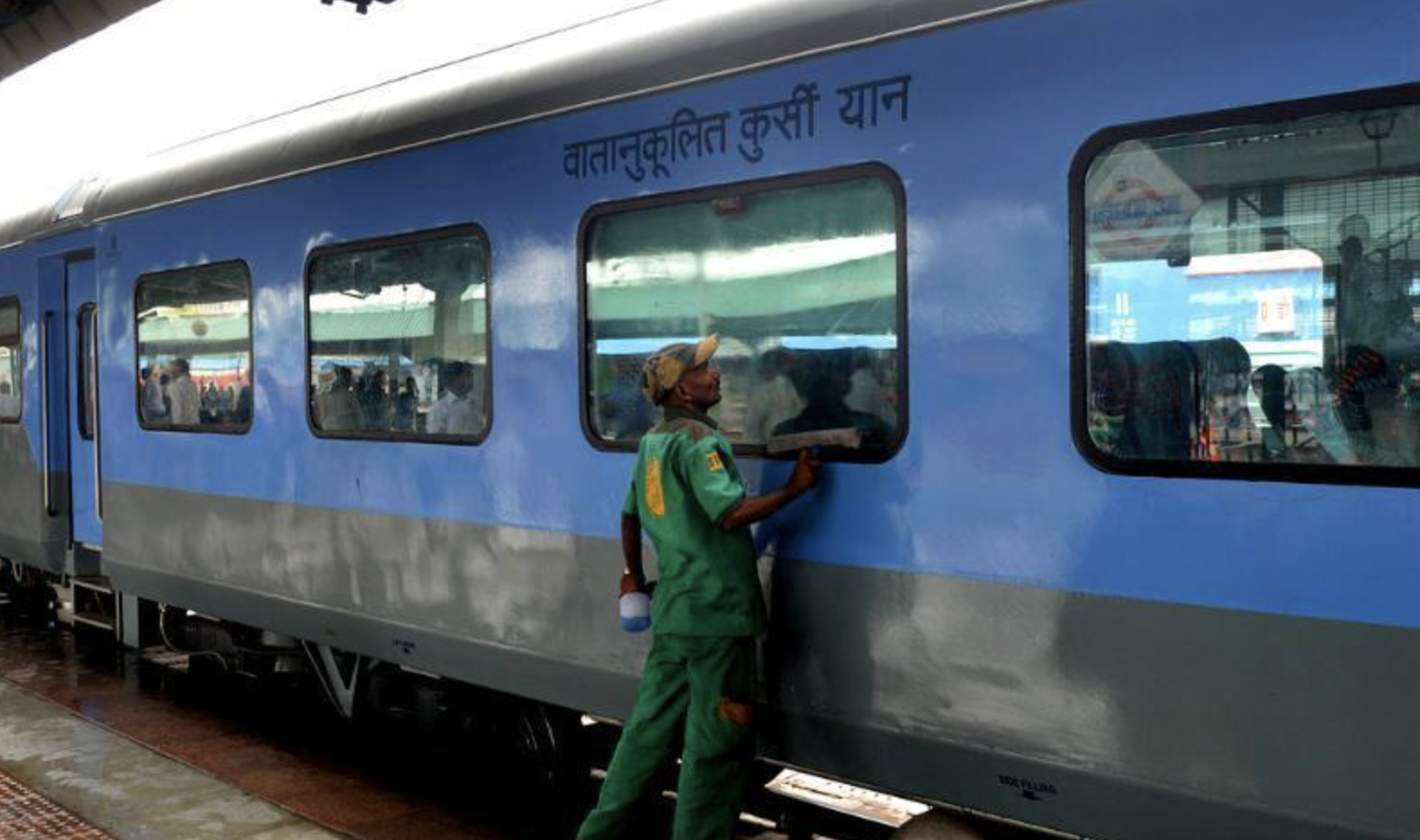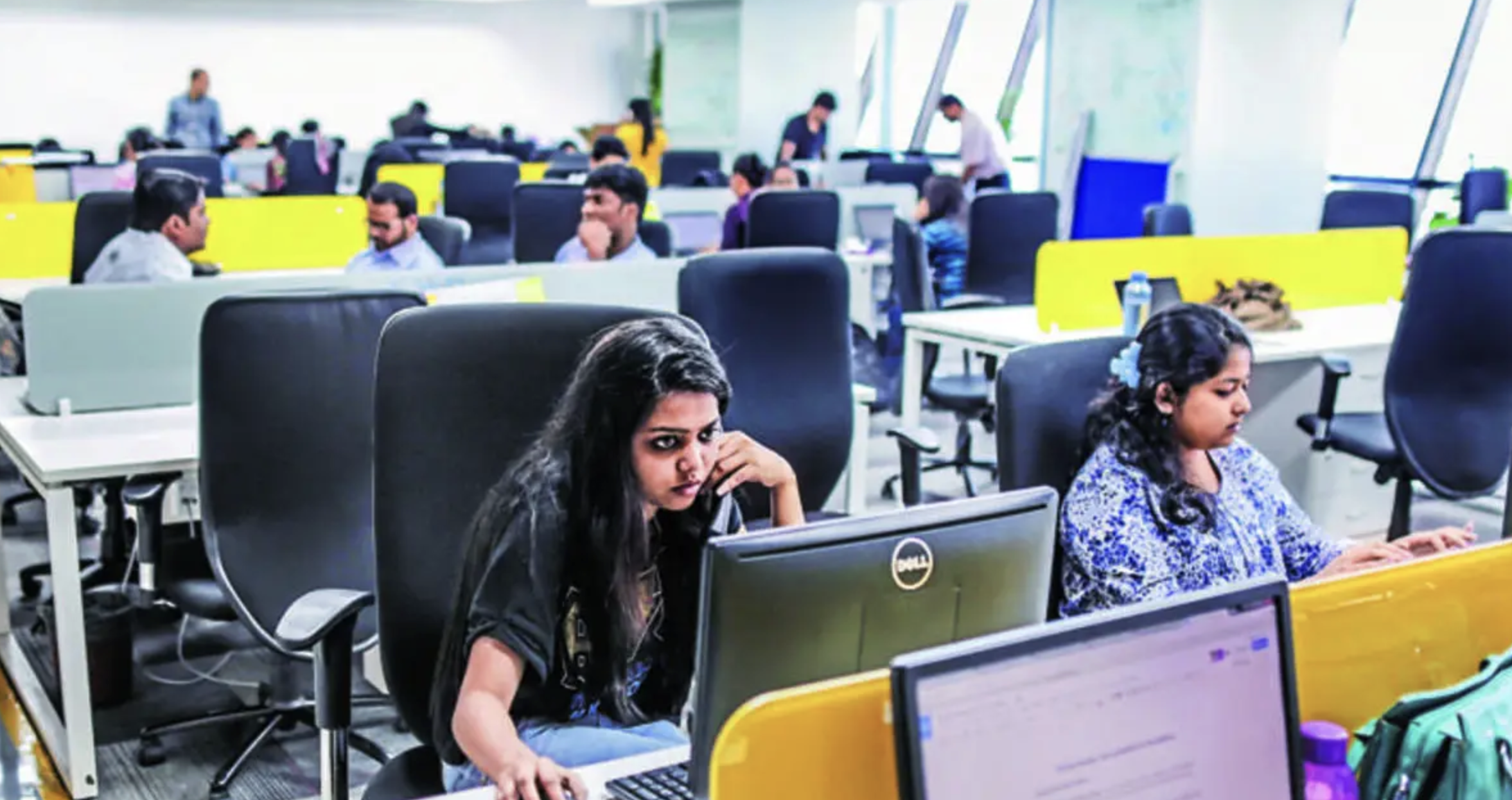The Internet and Mobile Association of India (IAMAI), representing top tech companies in India, has expressed deep concern over the decision of the GST Council to impose a 28% tax on the real-money gaming sector. IAMAI stated that this decision will have significant ramifications for the country’s digital economy and the online gaming industry. The industry body has urged the GST Council and the central government to reconsider this decision.

Industry Body IAMAI Expresses Concern over 28% GST Tax on Real-Money Gaming
IAMAI recently witnessed changes in its executive council, with Harsh Jain, co-founder of Dream Sports, assuming the position of chairperson, and Rajesh Magow, CEO of MakeMyTrip group, as the vice chairperson in May 2023. IAMAI has over 500 Indian and multinational corporations as its members, including prominent gaming companies such as Dream Sports, Mobile Premier League, Gameskraft, Nazara Technologies, and Games24x7.
The GST Council’s decision on July 11 imposed a 28% GST slab on the full value of money paid by users to play skill-based games, without distinguishing between games of skill and chance. Currently, gaming platforms pay an 18% GST on platform fees. IAMAI emphasized that online gaming is distinct from gambling and betting. Taxing the online gaming industry as gambling activities will not only severely impact the rapidly growing sector but also endanger the viability of the entire $20 billion industry.
IAMAI Urges Reconsideration of GST to Safeguard Industry Growth
The industry body highlighted that the new tax structure contradicts global best practices, where GST on online gaming is levied on platform fees or Gross Gaming Revenue (GGR). During consultations, the industry proposed to the GST Council that the 28% GST should be charged on the platform fee, as has been the prevailing valuation method. IAMAI warned that this levy would result in an approximately 1,000% increase in GST on the industry, causing irreversible damage to the $2.5 billion investments in the Indian online gaming startup ecosystem and hampering India’s goal of achieving a $1 trillion digital economy by 2025.
Furthermore, the move would put Indian gaming companies at a significant disadvantage compared to offshore gaming companies and hinder India’s aspiration to become a global hub for online gaming. It is important to note that these tax rates do not apply to free-to-play and paid video games, as the 18% GST rate is already included in app sales on Google Play and Apple App Store.
IAMAI affirmed its commitment to engaging with the GST Council and other stakeholders to ensure that the final GST levels considered do not hinder innovation, foreign direct investment (FDI), and the overall growth of the online gaming industry. A recent FICCI-EY report revealed that the real-money gaming segment accounted for 77% of India’s gaming sector revenues in 2022, amounting to Rs 13,500 crore, and is projected to reach Rs 16,700 crore in 2023 and Rs 23,100 crore in 2025.












